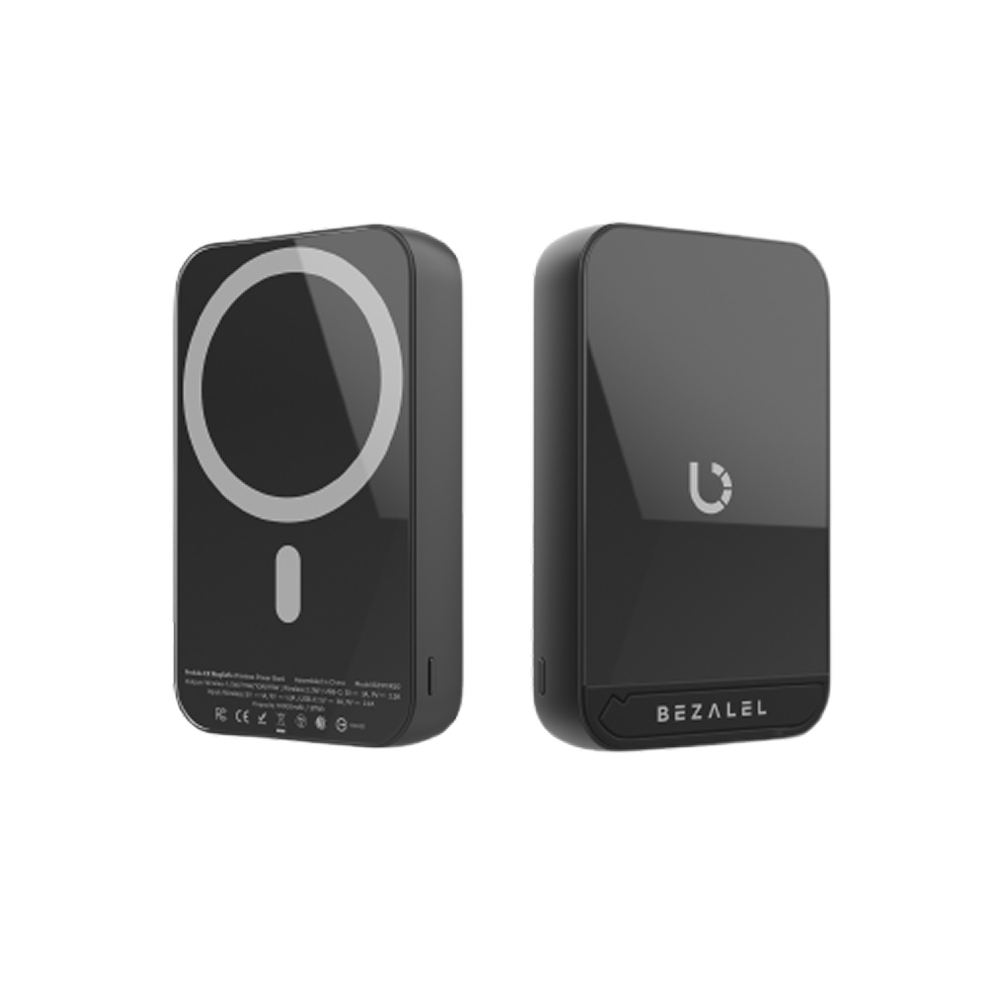The War Over Competing Wireless Charging Standards (Qi vs. PMA)
Share
The wireless charging industry is currently in the midst of a standards war between the Wireless Power Consortium’s Qi (pronounced “Chee”) standard and Power Matter Alliance’s PMA standard.
This war is not unlike the iconic battles between VHS & Betamax and Blueray vs. HD-DVD, except that it impacts far more consumers (due to the proliferation and daily use of mobile devices).
Resolution of the standards war is vital to consumer adoption, given that wireless charging is all about convenience -- and there’s nothing convenient about the inability to power up because your mobile device is incompatible with the wireless charger that’s available. While the standards war won’t be resolved anytime soon, BEZALEL’s new Latitude universal (dual mode Qi and PMA) case empowers iPhone users to enjoy the convenience of wireless charging today, without having to pick sides.
WHAT’S THE DIFFERENCE BETWEEN Qi AND PMA?
While incompatible, the two standards are technologically very similar. They’re both based on inductive charging, which uses an electromagnetic field to transfer energy between two objects. Each employs a charging device with an induction coil that creates the magnetic field, and a receiver coil in the device to be charged that converts the field back into electric current that charges the battery. The primary difference between the two standards is the wavelength used -- Qi works on a 100-205kHz band, while PMA works on the 277-357kHz band.
WHICH STANDARD IS SUPERIOR?
There isn’t much from a technical standpoint to separate the Qi and PMA. What will ultimately determine the winner is which technology gets the most industry and consumer support.
WHICH STANDARD HAS THE ADVANTAGE?
The decision by Starbucks to go with PMA is creating a lot of consumer demand and could be a game changer. In addition to Starbucks, those backing PMA include Duracell and AT&T.
That said, Qi is the 800-pound gorilla, with backing from Verizon, T-Mobile, Nokia, and LG, as well as McDonald’s (which currently offers wireless charging in Europe). Qi has the widest global distribution (notwithstanding the Starbucks PMA juggernaut mentioned above).
WHICH STANDARD IS GOING TO WIN?
It’s anyone’s guess, as supporters of each standard are digging in their heels. The largest unknown at this point is what direction Apple will take. Thus far the company has publicly adopted a wait-and-see approach. Apple may pick one standard over another, or may introduce its own standard altogether.
Contact:
Erik Deutsch
(323) 851-2455
erikd[at]bezalel[dot]co
